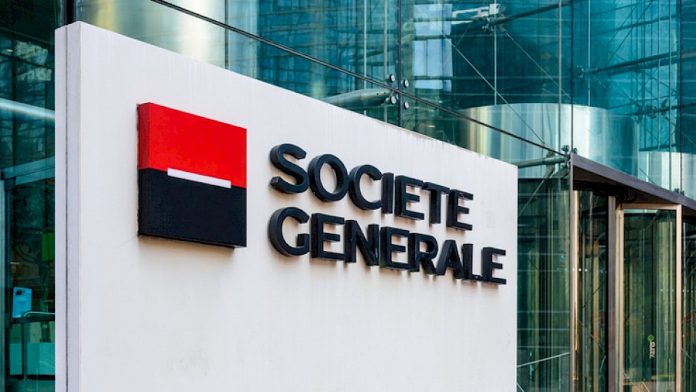Political uncertainty in France caused the largest weekly jump in the premium, resulting in a brutal sell-off for French markets, Reuters reported.
French Finance Minister Bruno Le Maire warned that France, the eurozone’s second-largest economy, faced the risk of a financial crisis over President Emmanuel Macron’s decision to call snap elections.
French banks also saw significant losses. The country’s biggest banks – BNP Paribas, Credit Agricole and Societe Generale – lost between 10 and 15 per cent in value this week, the most since the banking crisis in March 2023. Investor premiums meanwhile rose to their highest level since 2017 at around 77 basis points.
In addition, bonds forecast to rise about 25 bps this week, the biggest weekly gain since 2011, when the eurozone was going through a sovereign debt crisis leading to multiple trillion-dollar government and bank bailouts.
It’s really hard to ignore the parallels from the situation of 2011-2012 in the sovereign debt crisis. If you go back to that period, very similar themes – elections, sovereign debt spreads, debt sustainability are in focus with no real sign of what’s going to stop this momentum, according to Justin Onuekwusi, chief investment officer at investment firm St. James’s Place.
French SFIL, a state-backed financial institution, postponed a bond sale on Friday, a sign of growing market anxiety. The CAC 40 index was last down 1.4 per cent, poised for a weekly drop of 5 per cent, the biggest since early 2022, and behind the regional STOXX 600 index, down just 1.8 per cent for the week.
France’s debt-to-gross domestic product ratio is running above 100 per cent and the deficit is around 5 per cent. The company’s credit rating had its credit rating downgraded last month by S&P Global. According to LSEG Datastream, it is now more expensive for the French government to borrow money for a 10-year term for the first time since 2005.
In terms of positioning, fast money accounts have been short France over the last few months. However, real money accounts, institutional accounts and Asian real money are long France. As these accounts seek to exit their positions or reduce exposure, buyers are unlikely to step in given that elections are just three weeks away, said Jefferies analyst Mohit Kumar.
In addition, Marine Le Pen’s eurosceptic National Rally (Rassemblement Nationale) party has heightened concerns among investors about France’s fiscal discipline, especially in the event of victory in the election.
